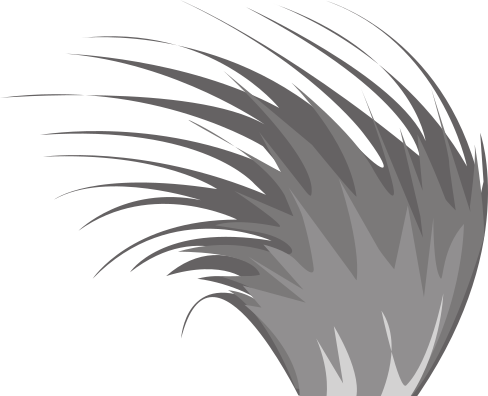Products of history: Immigration timing of New Zealand plant ancestors affects present-day communities
Talk / Seminar on Wednesday 14th of October 2015, 05:20 PM (10 years ago)
Contact: David Lyttle
Speaker, Angela J. Brandt, Landcare Research—Manaaki Whenua, Dunedin. Island floras tend to be distinctive in their diversity and composition often with large numbers of endemic species in few genera. One proposed explanation for this pattern is the interplay of ecological and evolutionary processes where early-arriving plant ancestors encounter greater opportunity to colonise new environments and diversify. These early-arriving groups may thus fill ecological niches and preclude later arrivals from establishing subsequently dominating plant communities to the present-day. Using dated molecular phylogenies to estimate order of arrival of plant ancestors to New Zealand, I show that early-arriving lineages tend to dominate communities in both relatively young (alpine) and older (forest) ecosystems. However, the current challenge is to understand whether anthropogenic modification and introduced species alter the role of evolutionary history in shaping New Zealand's plant communities. At the Zoology Benham Building, 346 Great King Street, behind the Zoology car park by the Captain Cook Hotel. Use the main entrance of the Benham Building to get in and go to the Benham Seminar Room, Rm. 215, 2nd floor. Please be prompt as we have to hold the door open.
